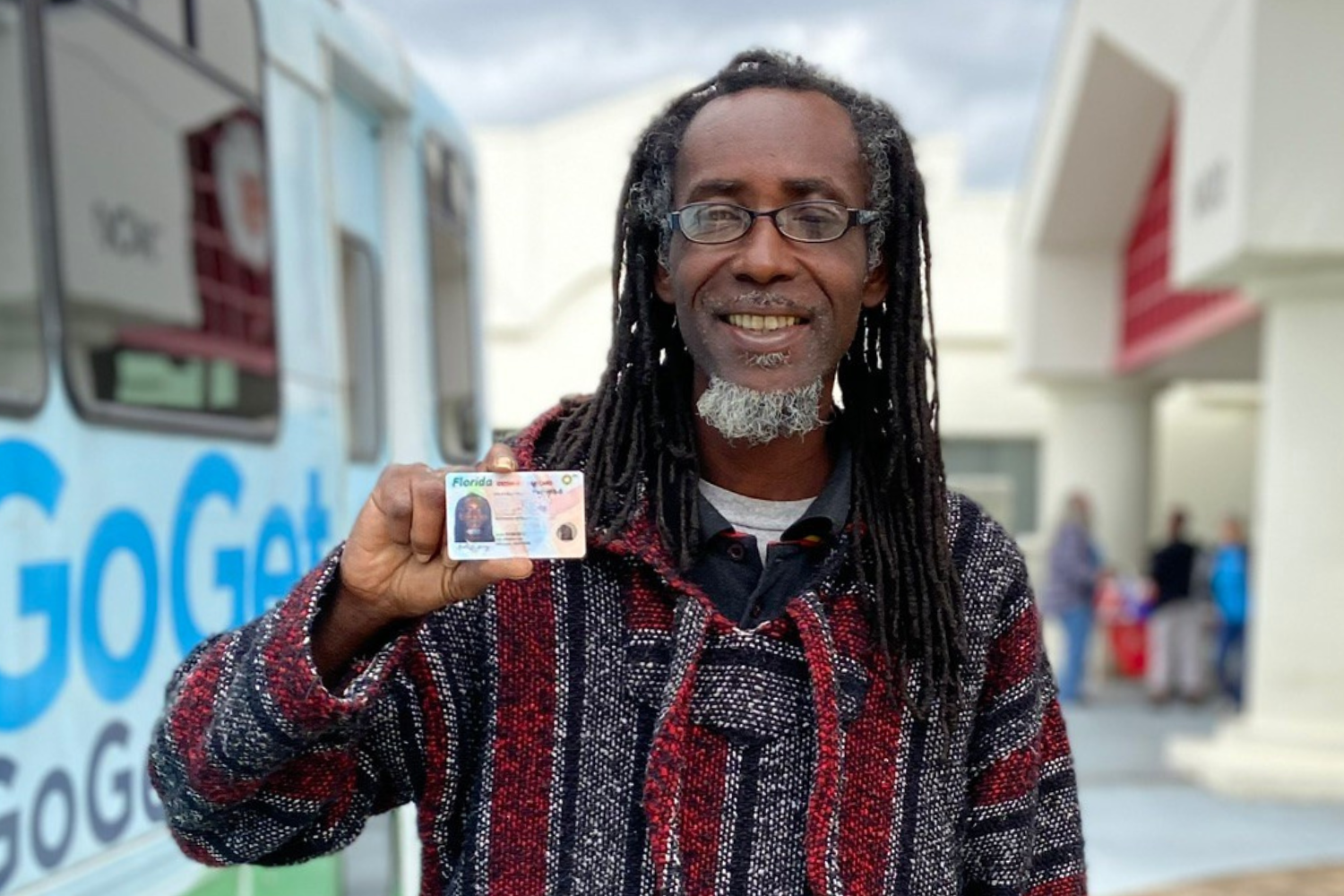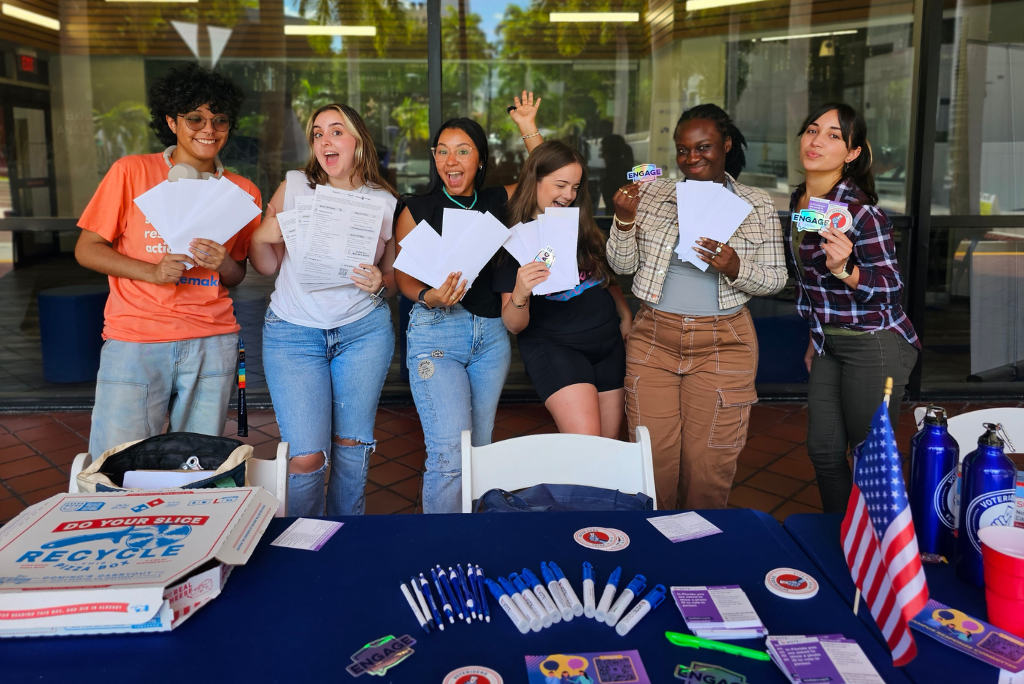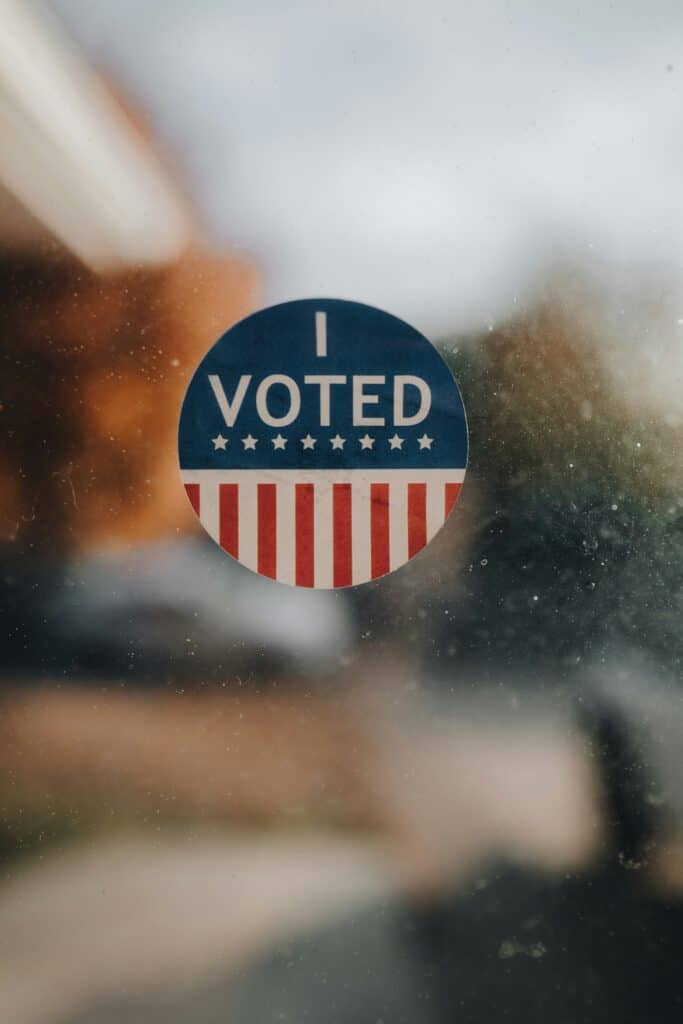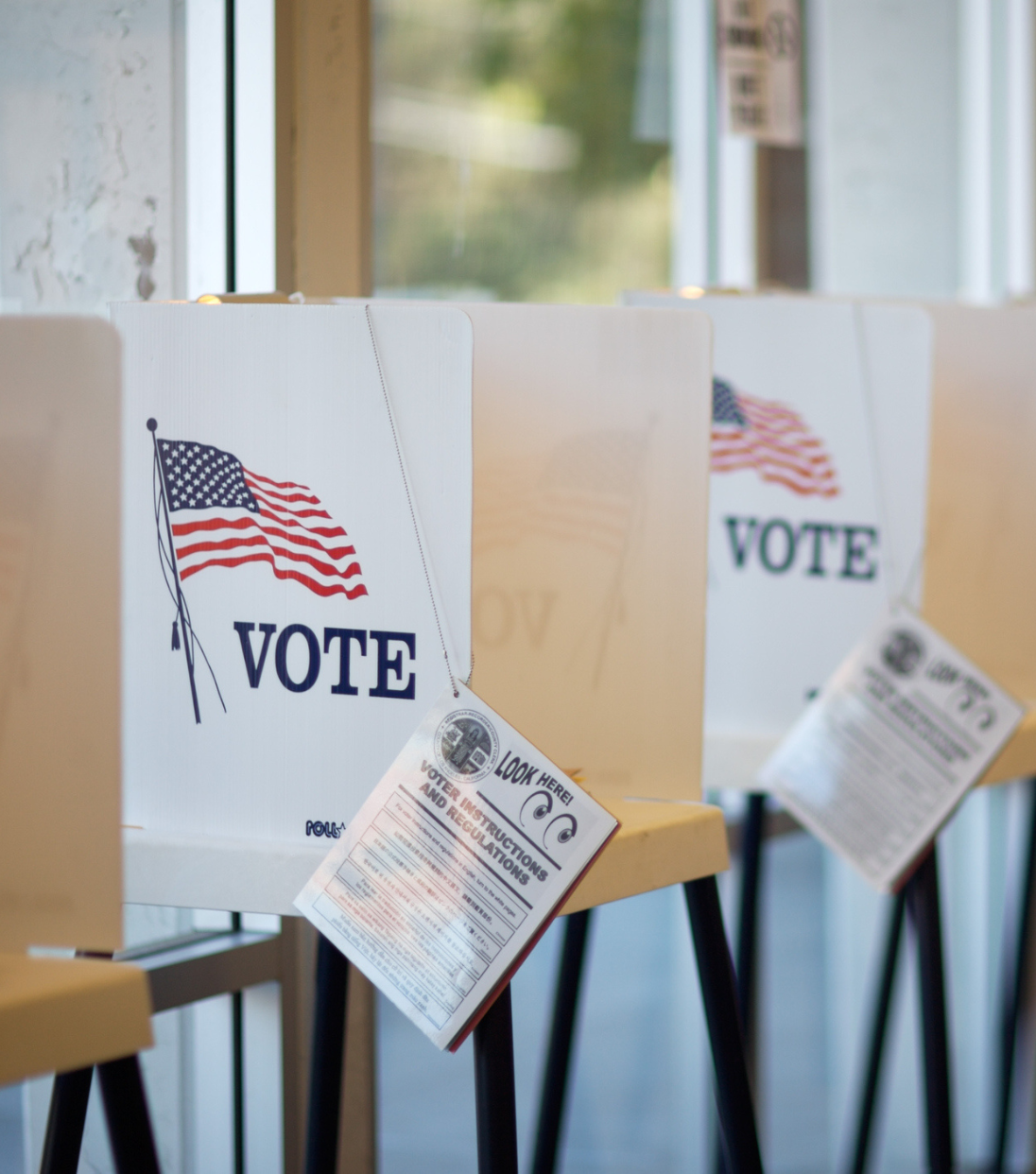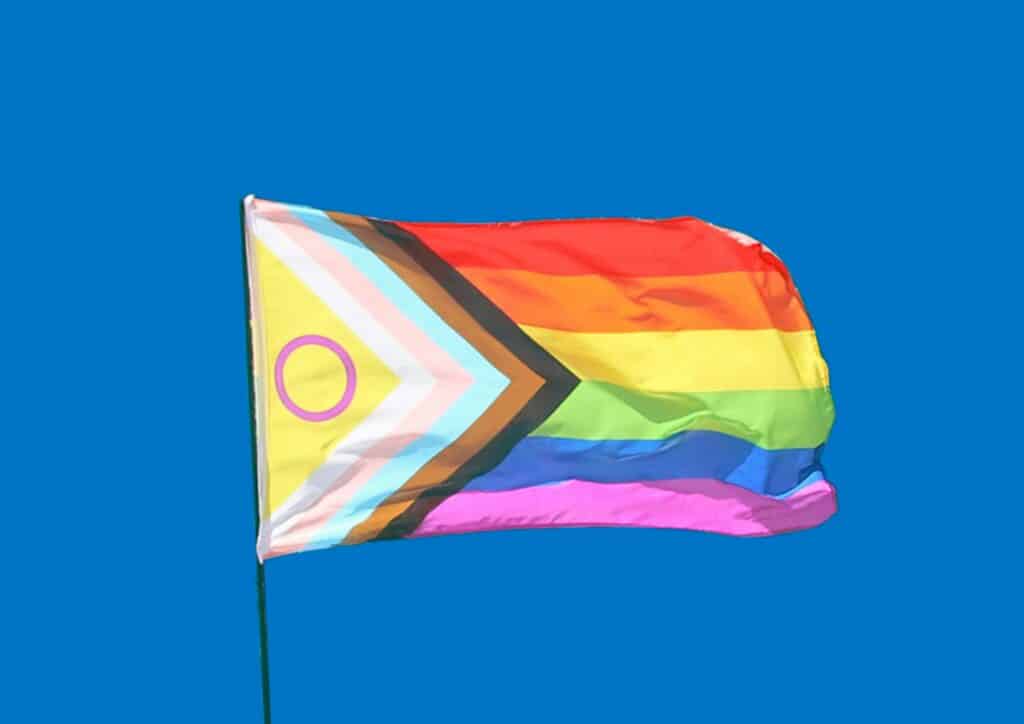
Accessing ID Support as a Trans or Nonbinary Voter
Under the new administration, LGBTQ+ rights are being attacked like never before. Our country was founded on freedom, but many Americans, especially marginalized communities, have never stopped fighting to be truly free. The US is overrun with systemic discrimination, economic injustice, and a vast number of other types of barriers that create and reinforce social inequities. Reinforcing those inequities is an intentional attempt to make it harder for underserved communities to flourish and participate in democracy.
At VoteRiders, we focus on dismantling inequality within our electorate by advocating for eliminating ID barriers to voting, educating voters on ID requirements, and providing free, direct help to voters who need an ID to vote. In the US, 38 states request or require some form of ID to vote. Beyond voting, an ID is also needed for housing, jobs, medical care, government benefits, and so much more. An ID is critical for both our democracy and our day-to-day lives.
And yet, millions of Americans don’t have one.
Our research shows that 21 million eligible voters lack easy access to a passport or a birth certificate, and seven million don’t have a current government-issued ID.
Why? Because it can be really hard to get.
Trans & Nonbinary Voters Face Unique Obstacles
For trans and nonbinary Americans, it’s harder than ever to get ID documents that reflect their correct name and/or gender identity. At least 200,000 transgender voters don’t have IDs that match their name and/or gender, which can make casting a ballot invalidating and intimidating.
For well over a decade, trans Americans could update the gender markers on their passports, making them a reliable ID not just for traveling, but for everyday life. But in February 2025, the State Department stopped allowing gender marker changes on passports and eliminated the “X” gender as an option entirely.
This federal attack on the rights of trans and nonbinary Americans, combined with similar state-level assaults, creates confusion, uncertainty, and anxiety for LGBTQ+ citizens and millions of others—and that’s the point. The hateful, unjust, and anti-democratic laws targeting queer Americans and other marginalized groups are designed to overwhelm them to the point where they don’t know where to turn or what to do.
But, at VoteRiders, we’re not falling for it.
We’re working with our partners across the country to fight back, defend our democracy, and take care of one another. We’re also ensuring trans and nonbinary voters have everything they need, including our support, to vote with confidence. Despite these ongoing and heightened threats, our work together is a powerful reminder of the progress we’re making toward a more inclusive future.
The LGBTQ+ community is one of the fastest-growing voting blocs in the country, with approximately 20 million eligible voters in November 2024. By 2040, an estimated one in five voters will identify as LGBTQ+, and last year, the American people elected over 95 LGBTQ+ leaders, the highest number yet, to public office.
State Rules for Changing Name & Gender Vary — But Your Right to Vote Doesn’t
Every state has different rules for changing legal names and gender markers. In many states, the process can be extremely complicated, costly, and time-consuming. While half of US states offer a streamlined process, the other half make it extremely difficult—or outright impossible.
Despite these barriers, our staff and volunteers are committed to doing everything we can to help voters get the ID they need to vote and live with pride.
In 2024, Florida’s DMV stopped allowing gender marker changes on driver’s licenses and state IDs. Following this change, some Floridians even had their ID’s gender marker reverted to their sex assigned at birth. The same happened in Texas, another key state where VoteRiders staff are on the ground.
Almost immediately, our friends at the Election Protection Hotline saw a surge in calls and messages from anxious voters who feared these new policy changes would impact their ability to vote. Since then, our team of trained volunteers and staff have been making sure voters know their gender identity should never affect their right to cast a ballot.
Teaming Up with Our Partners: Name Change Clinics
One way we show up for our LGBTQ+ communities is by co-hosting legal name change clinics across the country. In Florida, we’re working with the Gender Advancement Project (GAP), which helps transgender and gender-expansive folks with pro bono help changing their legal name. Once a client completes their legal name change, our team steps in to help them update their ID documents and cover all the costs.
In Pittsburgh, our Pennsylvania State Director co-hosts a name and gender marker change clinic with our partners, TransYOUniting and the Hugh Lane Wellness Foundation, both are LGBTQ+ organizations that support Pittsburgh’s queer and HIV-positive communities.
Skyler’s Story: Targeted for Being Trans
Skyler was one of hundreds of thousands of trans Americans living without an ID that matched their correct name and/or gender identity. Although he had legally changed both his name and gender marker years ago, bureaucratic red tape kept him from updating his Pennsylvania state ID.
Skyler and his fiancée had recently secured stable housing, and he needed a state ID to open a new bank account, renew his health insurance, apply for a medical marijuana card, and vote. But when Skyler went to Pennsylvania’s Department of Transportation (PennDOT) Office, he was turned away–four times.
Skyler believed he was being targeted because he is trans. “First, I had to get a new Social Security Card before I could get my ID,” he explained. “So I did that, but when I came back the second time, he [PennDOT employee] asked for two pieces of mail. When I went back the third time, with two pieces of mail, he said I didn’t bring enough mail—I needed like three or four pieces.”
When Skyler reported the employee’s behavior, he was told that they “don’t like trans people,” confirming his previous assumptions about why he was treated poorly. With no other options for getting his ID, Skyler returned to PennDOT for the fourth time with yet another piece of mail. But, his application was denied again—this time because he didn’t have a credit or debit card with his current name.
Skyler needed an ID to open a new bank account — but he needed this new bank account to get an ID. He was stuck.
Fortunately, Skyler was a patient at Central Outreach Wellness Center, one of our healthcare industry partners in Pennsylvania. When he told his therapist what was happening, she immediately had a solution: VoteRiders.
Read Skyler’s story to learn how our team helped him get the ID he had “waited his whole life for.”
Support at The Ballot Box and Beyond
LGBTQ+ Americans are here to stay and will never stop existing. Alongside our partners, we’re working every day to celebrate, support, and empower LGBTQ+ communities with the tools and information they need to fight for their future at the ballot box and beyond.
For more information on how we can work together to support and empower voters in your community, visit VoteRiders.org/partner.
